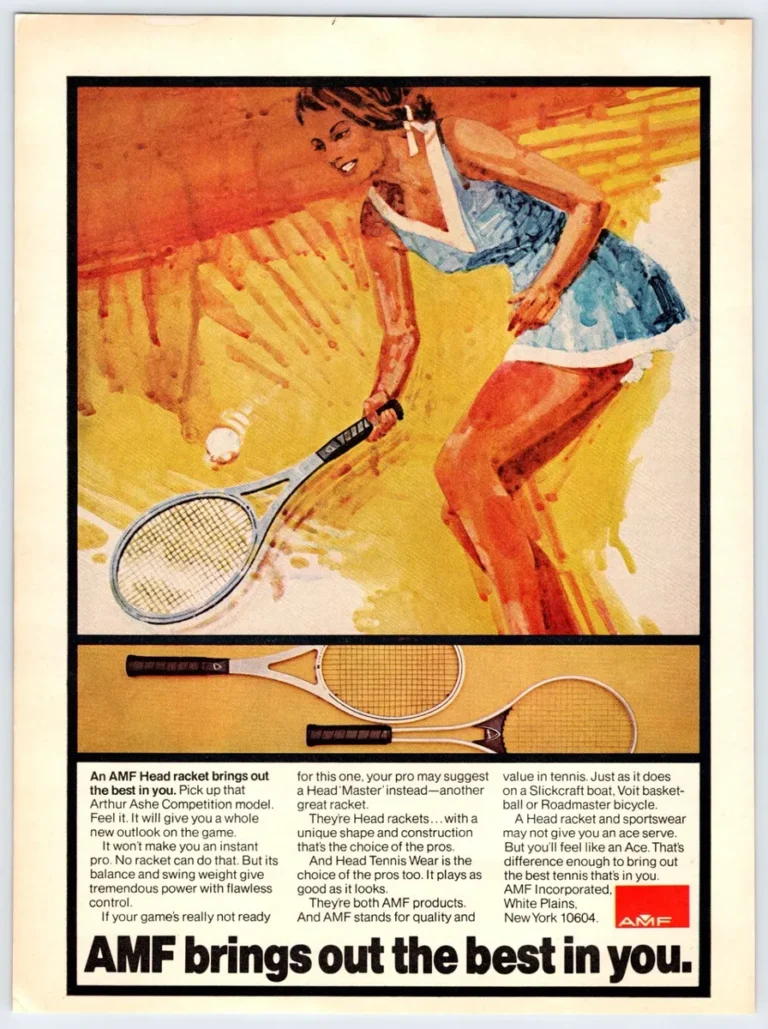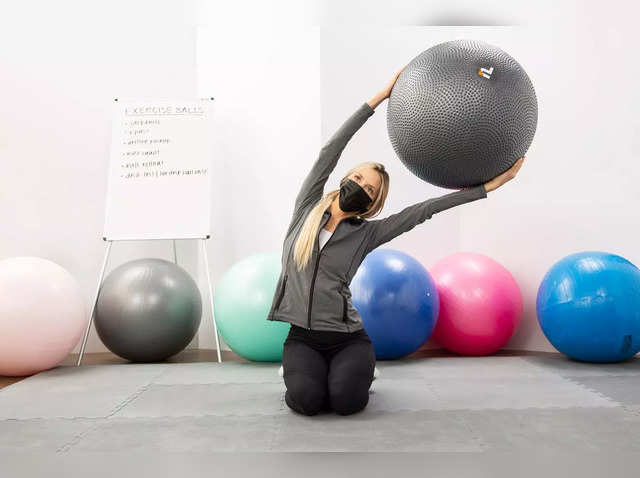Sports that require a mouthguard include boxing, rugby, and ice hockey. A mouthguard helps protect teeth and mouth from potential injuries during physical activities.
It is an essential safety equipment for athletes involved in high-contact sports, ensuring their oral health and reducing the risk of dental trauma.
Why Mouthguards Are Important
When it comes to participating in sports that involve physical contact or the potential for injury, wearing a mouthguard is extremely important. Mouthguards are a simple yet effective device designed to protect your teeth, gums, jaw, and overall oral health. Whether you’re playing football, hockey, basketball, or even engaging in activities like skateboarding or martial arts, wearing a mouthguard should be a mandatory safety precaution. In this article, we will discuss why mouthguards are essential when participating in sports that require them.
Protection Against Dental Injuries
One of the primary reasons why mouthguards are important is because they provide protection against dental injuries. Sports activities like rugby, boxing, or wrestling involve a significant amount of physical contact and can result in a direct blow to the face or mouth. Without a mouthguard, this impact can cause severe damage to your teeth, leading to chipped, broken, or even knocked out teeth.
A mouthguard acts as a cushion, absorbing the force of a blow and distributing it evenly to reduce the impact on your teeth and gums. It acts as a protective barrier, minimizing the risk of dental fractures, loosening or displacement of teeth, and even safeguarding against injuries to the soft tissues of your mouth like your lips, cheeks, and tongue. This simple device can prevent costly and painful dental procedures such as root canals, implants, or even full dentures.
Prevention Of Jaw Fractures
In addition to dental injuries, mouthguards are crucial for preventing jaw fractures. The force from a strong impact to your face can transfer to your jawbone, resulting in a fracture. A broken jaw can cause immense pain, difficulty in chewing, speaking, and can even lead to more serious long-term issues like misalignment or temporomandibular joint (TMJ) disorders.
A mouthguard acts as a shock absorber, reducing the risk of fractures by cushioning and dispersing the impact throughout the mouth. It creates a protective barrier around your teeth and jaw, helping to stabilize and support the lower jaw, minimizing the risk of fractures or dislocation. By wearing a mouthguard, you can significantly reduce the chances of sustaining a jaw injury and avoid the pain and cost associated with treatment and recovery.
Overall, mouthguards are essential when participating in sports that require them. They provide protection against dental injuries and help prevent jaw fractures, ensuring your long-term oral health and overall wellbeing. Investing in a high-quality mouthguard is a small price to pay for the added peace of mind and protection it offers. Remember, it’s always better to be safe than sorry when it comes to safeguarding your teeth and mouth during physical activities.
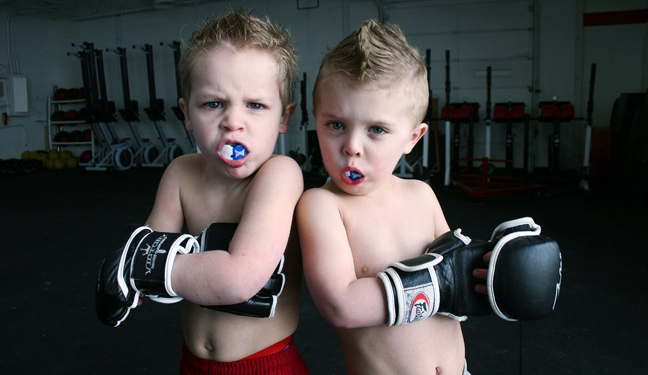
Credit: dentistinleessummit.com
Sports That Require A Mouthguard
Engaging in sports is a great way to stay fit, have fun, and push your physical limits. However, some sports come with a higher risk of dental and facial injuries. That’s where mouthguards come in. A mouthguard is a protective device that covers and cushions your teeth and gums, reducing the risk of dental trauma during high-impact activities.
Contact Sports
Contact sports are notorious for their physical nature and the high risk of collision and impact. Whether it’s football, basketball, or hockey, contact sports often involve intense physical contact between players. These sports can cause serious injuries, including dental trauma. Wearing a mouthguard is crucial in contact sports to protect your teeth and jaws from potential damage. Mouthguards absorb and distribute the force of impact, reducing the likelihood of tooth fractures, dislocations, and other dental injuries.
Martial Arts
Martial arts, such as boxing, karate, and mixed martial arts (MMA), require strength, agility, and precision. Unfortunately, the nature of these combat sports also exposes participants to a significant risk of facial and dental injuries. Without proper protection, such as a mouthguard, martial artists are susceptible to tooth fractures, jaw fractures, and even tooth loss. By wearing a mouthguard during training and competitions, martial artists can minimize the risk of dental trauma and focus on their performance.
Extreme Sports
Extreme sports encompass a wide range of thrilling activities, including skateboarding, snowboarding, BMX biking, and more. These sports often involve high speeds, heights, and tricks, making them inherently risky. By wearing a mouthguard, adrenaline junkies can safeguard their smiles from potential accidents and impacts. Whether it’s a hard landing, a collision with a ramp or rail, or a fall, a mouthguard can protect your teeth and jaws from serious damage, ensuring you can continue enjoying your extreme adventures.
In conclusion, wearing a mouthguard is essential when participating in contact sports, martial arts, and extreme sports. These protective gears can significantly reduce the risk of dental injuries and help athletes maintain their oral health and well-being. Remember, prevention is always better than treatment, and a mouthguard can be a crucial component of your sports gear.
How To Choose The Right Mouthguard
Before we dive into the different materials used for mouthguards, it’s important to understand the two main types of mouthguards: custom-fit and boil-and-bite.
Custom-fit Mouthguards
Custom-fit mouthguards are individually crafted to fit your unique dental structure. These mouthguards are typically made by a dentist or a dental professional who takes impressions of your teeth and creates a mouthguard specifically tailored to your mouth.
Boil-and-bite Mouthguards
On the other hand, boil-and-bite mouthguards are readily available in sporting goods stores and can be molded to fit your teeth. To shape a boil-and-bite mouthguard, you simply immerse it in boiling water, allow it to cool slightly, and then bite down on it to create a customized fit.
Mouthguards can be made from various materials, each offering different levels of protection and comfort. The common materials used for mouthguards include:
1. Ethylene Vinyl Acetate (eva)
EVA is a durable and lightweight material that is often used for boil-and-bite mouthguards. It provides a comfortable fit and excellent shock absorption, reducing the impact of a blow to the jaw or mouth.
2. Polyethylene
Polyethylene is another common material used for mouthguards. It is known for its flexibility and high impact resistance, making it suitable for protecting against sports-related dental injuries.
Ensuring the longevity and effectiveness of your mouthguard requires proper care and maintenance. Here are some essential tips to keep in mind:
1. Clean Your Mouthguard After Every Use
After each use, rinse your mouthguard with cool water to remove any debris or bacteria. You can also use a mild soap or mouthwash for a more thorough cleaning.
2. Store Your Mouthguard In A Protective Case
When your mouthguard is not in use, always keep it in a clean, ventilated case. This will protect it from damage and ensure it remains hygienic.
3. Avoid Exposing Your Mouthguard To High Temperatures
Extreme heat can distort the shape of your mouthguard, rendering it ineffective. Avoid leaving it in direct sunlight or hot environments such as a car dashboard.
4. Regularly Inspect Your Mouthguard For Wear And Tear
Check your mouthguard regularly for any signs of damage, such as cracks or tears. If you notice any issues, it’s important to replace your mouthguard to maintain proper protection.
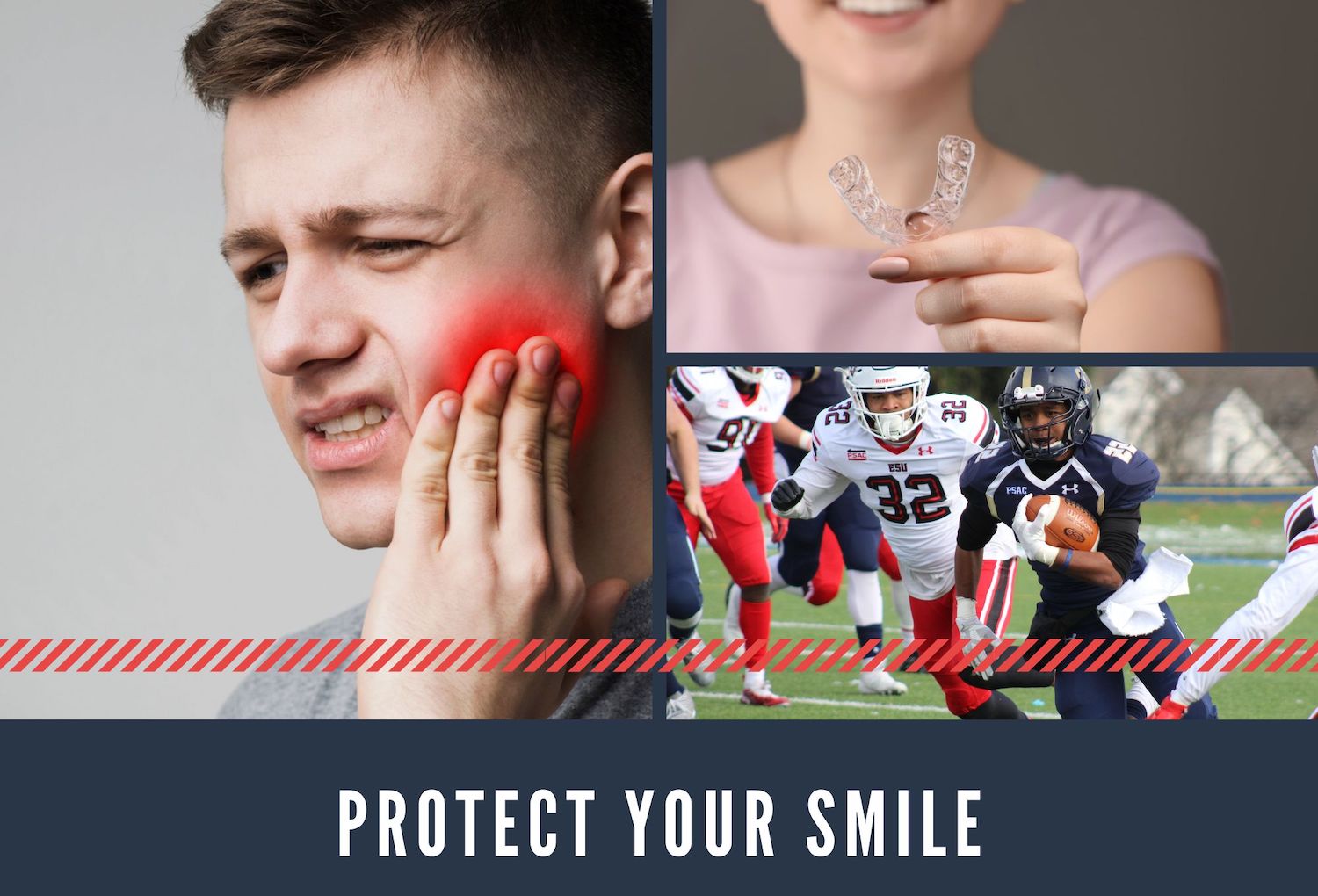
Credit: dentistleesburgva.com
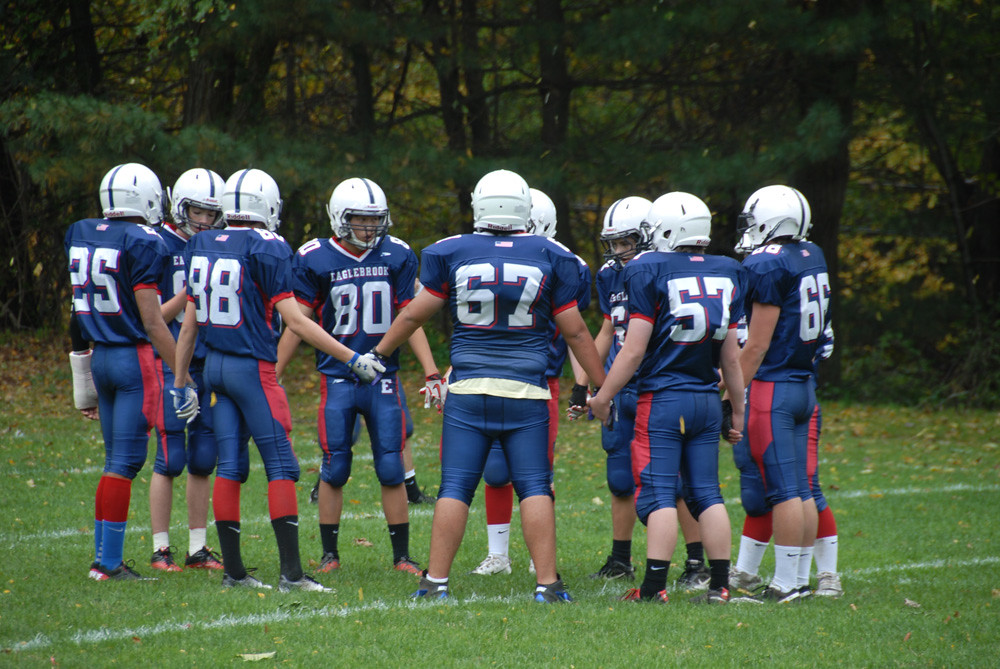
Credit: sp-ortho.com
Frequently Asked Questions Of Sports That Require A Mouthguard
What Sports Require A Mouthguard?
Sports such as football, hockey, rugby, soccer, basketball, and martial arts require a mouthguard. These sports involve physical contact and the risk of injuries to the face and mouth, making a mouthguard essential for protection.
Why Should I Wear A Mouthguard While Playing Sports?
Wearing a mouthguard while playing sports prevents dental injuries like chipped teeth, broken jaws, or damage to the soft tissues of the mouth. It acts as a cushion, absorbing shock and dispersing the force of impact, reducing the risk of oral injuries.
How Does A Mouthguard Protect My Teeth And Mouth?
Mouthguards provide a protective barrier between the upper and lower teeth, minimizing the risk of tooth fractures and dislocation. They also help prevent cuts, bruises, and lacerations to the lips, tongue, and inner cheeks by covering and cushioning these areas.
Conclusion
To keep your teeth and mouth safe from potential injuries, wearing a mouthguard is crucial in sports like boxing, MMA, rugby, hockey, and martial arts. Without proper protection, you risk facing severe dental and facial injuries. By investing in a good quality mouthguard and following proper safety measures, you can minimize these risks and continue enjoying your favorite sports with peace of mind.
Remember, prevention is always better than cure. Stay safe and protect your smile!


